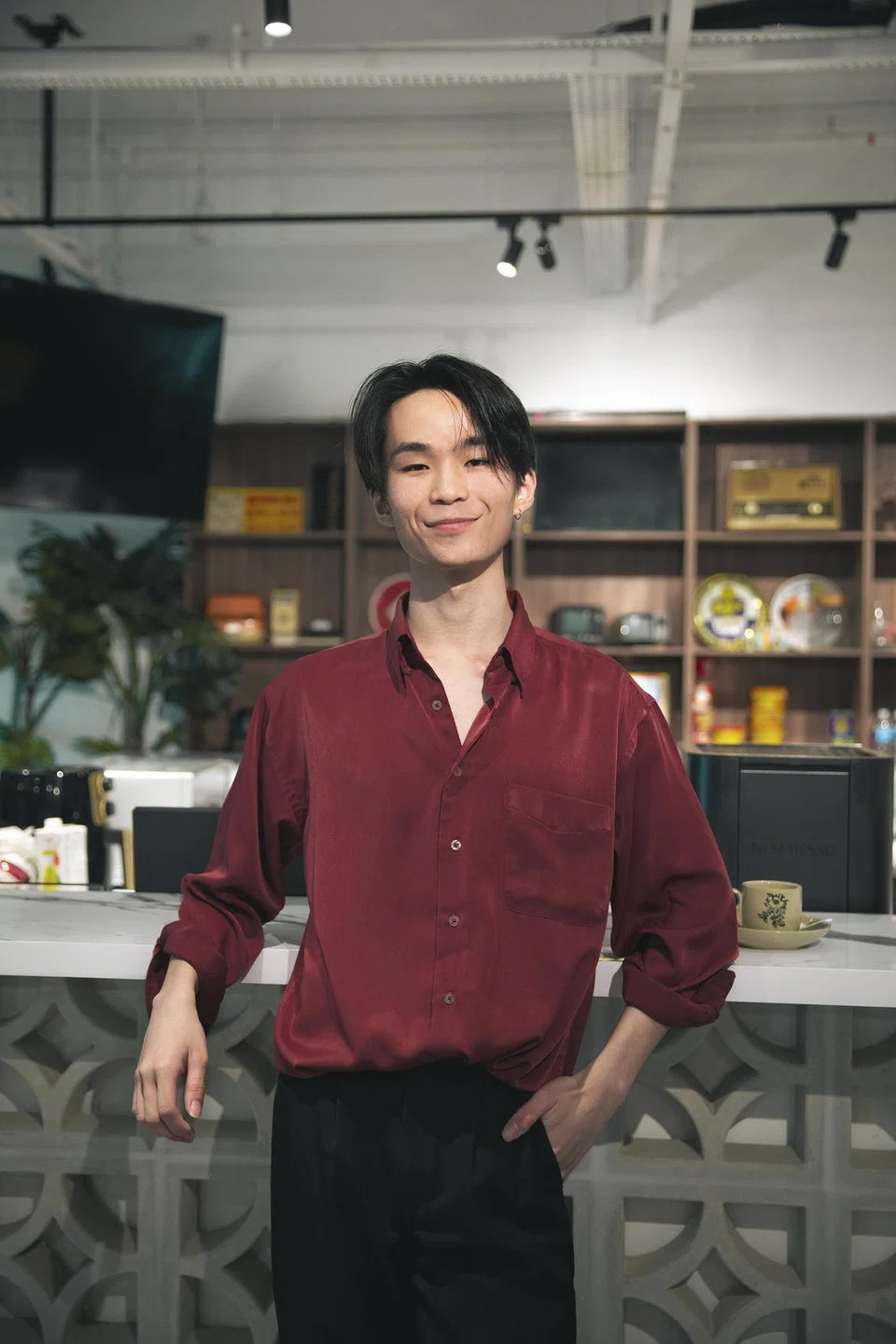Developer Offer
Try ImaginePro API with 50 Free Credits
Build and ship AI-powered visuals with Midjourney, Flux, and more — free credits refresh every month.
Gen Z vs AI The Future Of Jobs In Singapore
For as long as she can remember, 17-year-old Che Zi Fan has been passionate about art. The junior college student, who started art classes at age five, once dreamed of a career in fashion design or animation. Now, seeing the rapid rise of generative artificial intelligence (AI), she's having second thoughts.
During a recent trip, she noticed AI-generated designs on everything from beverage packaging to promotional posters. She also felt disheartened by social media comments praising AI art without questioning its origins. "Artists now have a higher risk of being replaced by AI," she said, worrying that her future job search will be incredibly tough.
Che Zi Fan's concerns reflect a wider sentiment among her peers.
The Numbers Behind the Anxiety
A June survey of over 2,500 Singapore residents by recruitment agency Randstad revealed a generational divide in AI perception. Nearly half (49%) of Gen Z respondents believe AI will significantly impact their jobs in the next five years. While only 4% expect to lose their jobs to AI, the report highlights that this cohort is the "most likely to feel impacted by the AI revolution," despite using AI more frequently than older generations.
This apprehension isn't unique to Singapore. A 2024 survey by General Assembly found that 62% of Gen Z workers in the US and Britain believe AI could replace their jobs within a decade. In stark contrast, only 6% of senior executives felt the same threat.
A Double-Edged Sword for Digital Natives
Many Gen Zers who spoke with The Straits Times feel they are more adept at using AI than their older colleagues, yet this confidence is shadowed by anxiety about job security.
Ms. Chua, a 21-year-old biomedical sciences student, is confident in her ability to craft effective prompts for tools like ChatGPT. However, she remains uncertain about her career prospects, given the unknown extent to which AI will replace human labor.
Similarly, Mr. Ryan Ong, a 26-year-old test engineer, uses AI to speed up coding in unfamiliar programming languages. But he also feels a step behind the younger Gen Z interns in his office, who seem even more AI-literate. To stay competitive, he dedicates his personal time to taking AI courses and aims to develop people management skills, which he believes are less dispensable.
Expert Insights on the Shifting Job Market
Experts agree that AI presents both challenges and opportunities. Ms. Linda Teo, country manager for ManpowerGroup Singapore, noted that some entry-level roles with structured tasks in banking, technology, and legal services are likely to be disrupted. However, she added that integrating AI can also free up these employees to focus on more strategic work.
Dr. Sahara Sadik, research division deputy director at the Institute for Adult Learning, explained that the tasks of knowledge workers are being unbundled and redistributed as companies leverage AI. She warned that Gen Z might feel this impact sharply, as companies could reduce entry-level hiring and instead rely on experienced, AI-equipped employees to handle more responsibilities.

"In an age of generative AI, the real edge lies in integrating knowing, doing and connecting," Dr. Sadik stated. "It is no longer just about what you know, but how you apply it, what you build from it and how you collaborate with others.”
Adapting for an AI-Powered Future
Singapore's institutes of higher learning are already adapting. The National University of Singapore (NUS) and Singapore Management University (SMU) are integrating AI across their curricula and encouraging its use in assessments, with proper attribution.
This focus on adaptation is resonating with some students. Aspiring advertising professional Lionel Lee, 25, initially felt uneasy about AI's ability to generate entire advertising strategies in seconds. However, an internship changed his perspective.

He saw firsthand how a human strategist's intuition and contextual understanding are invaluable. The human mind, he realized, is far better at judging if an idea will resonate with or offend an audience.
"AI without the intervention of humans is kind of like hitting at a blind target," Mr. Lee concluded. "We can ask AI to do a lot of things, but if it’s not guided, then it won’t provide the most optimal solution.”
Compare Plans & Pricing
Find the plan that matches your workload and unlock full access to ImaginePro.
| Plan | Price | Highlights |
|---|---|---|
| Standard | $8 / month |
|
| Premium | $20 / month |
|
Need custom terms? Talk to us to tailor credits, rate limits, or deployment options.
View All Pricing Details

